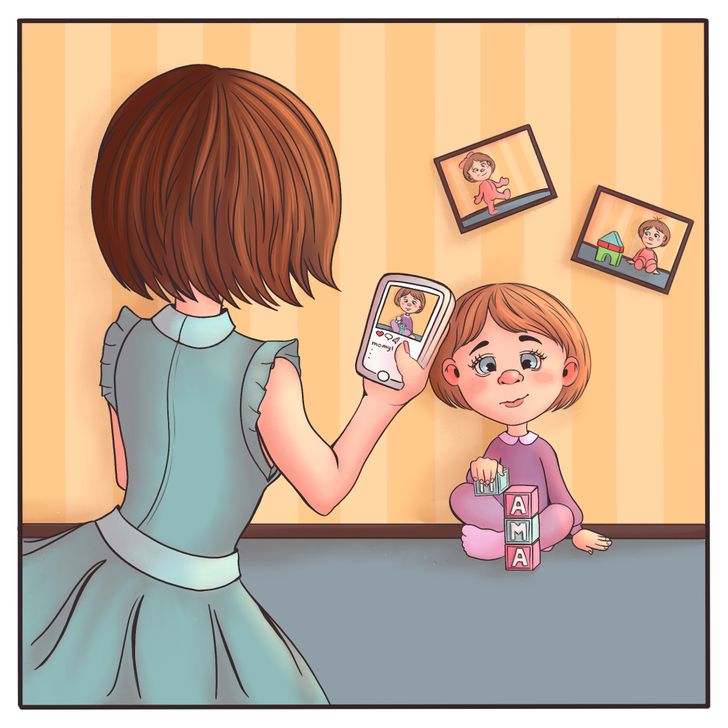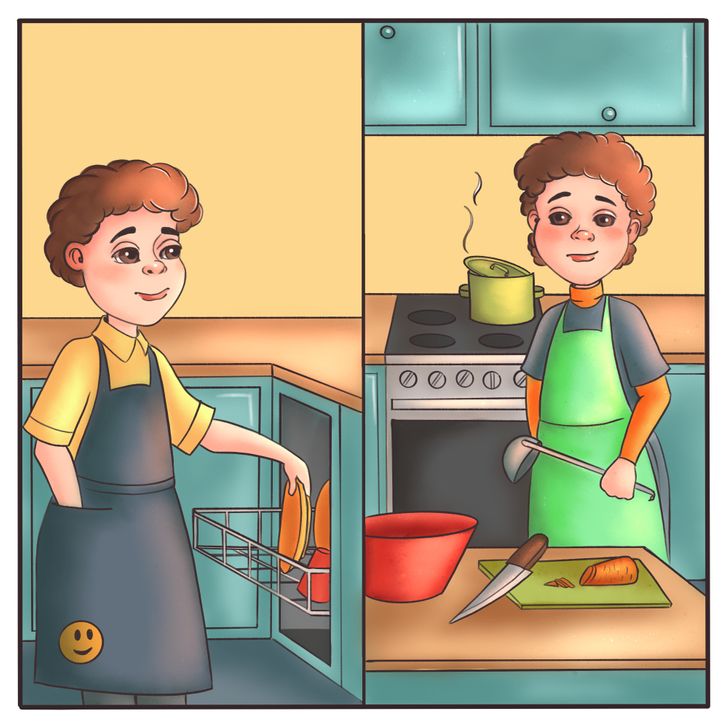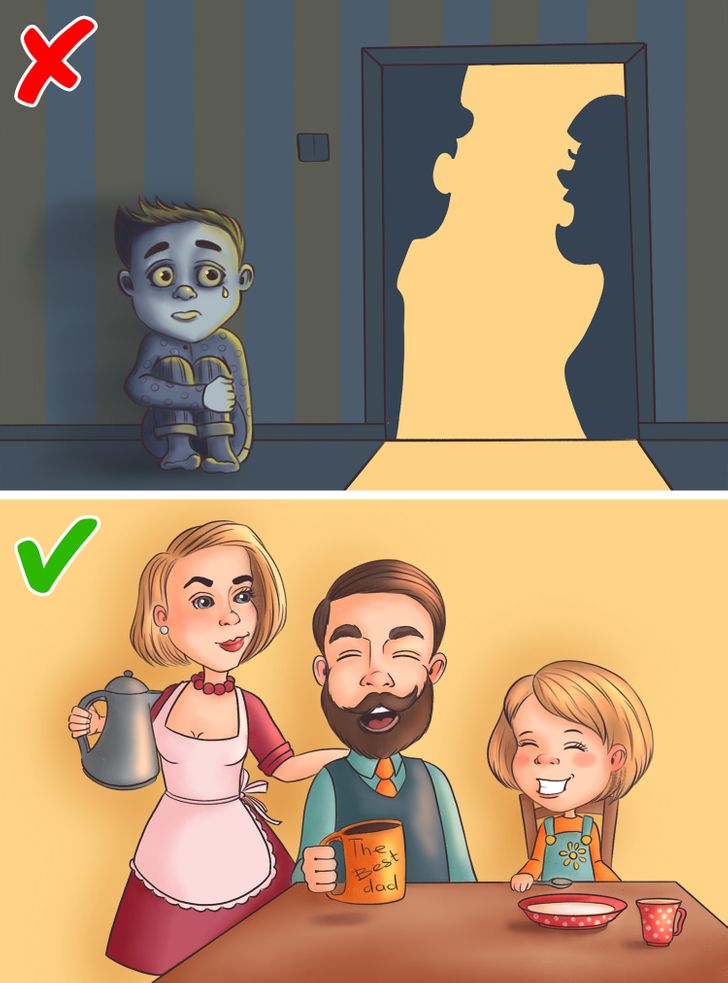22 Sharp Illustrations That Prove the World Is Going Crazy


Parenting is, no doubt, a 24×7 job, and you’ll never find a guide on how to raise a perfect child, no matter how long you search for it on Amazon. But different studies have uncovered some parenting strategies and traits with which you’re more likely to set your kid up for success in life.
Bright Side supports conscious parenting and hopes you can recognize some of these features in yourself.

Children who are told lies by their parents, even if they’re “pretty lies to hide an ugly truth,” might have more trouble adjusting to adult life, according to research from Singapore. When a child asks a tough question, lying may seem the easiest way out. But it can send a conflicting message to the child, especially when they’re otherwise told that “honesty is the best policy.”
They’re also more likely to lie to their parents once they are older and start engaging in negative behavior.

In the age of the internet, many children have encountered a new form of privacy violation: parents sharing their photos and info about them on social media. Many “Instagram mom” influencers have even built a career by exposing their children’s lives to the world and continue pushing their kids for content. Not only is it objectively dangerous, but it makes children uncomfortable and affects their self-esteem in the long run.

Traveling is great: you get to meet new people, try new foods, witness new places, and experience new cultures. It turns out, kids can also benefit greatly from seeing the world. Traveling pumps up their intellectual curiosity, their ability to adapt and solve problems quickly, as well as makes them more independent and confident. As adults, they tend to be open-minded, outgoing, and respectful.
And this holds true for both international and domestic travel!

Many studies have shown, that children who regularly do chores fare better later in life. We have already covered the fact that age-appropriate tasks teach kids valuable lessons. Overall, doing chores instills in children the importance of teamwork, time-management, and problem-solving skills. Thus, they can become empathetic adults who can perform well both independently and in a team.

There are 2 ways to praise intellectual achievement: to say “You’re so smart!” and to say “You worked so hard and figured it out!” The first fosters a fixed mindset, while the second — a growth mindset. A fixed mindset tells kids that they have nothing to do with actual achievement and cannot improve the ability they already have. But when you praise the effort, you inspire kids to do better and not give up.
Kids who developed a growth mindset can effortlessly come into adulthood and are not afraid to take on difficult tasks. Meanwhile, people with a fixed mindset often find themselves crushed and unable to cope when their innate ability, which isn’t enough to manage the problem, often saying, “There is nothing more I can do.”

All hail working moms! Research from the Harvard Business School revealed that daughters of moms who worked outside of home tend to complete more years of education, end up with a managerial position, and earn higher wages than peers with stay-at-home moms. And sons of these mothers contribute much more to household chores and childcare.

Children whose parents are constantly arguing fare worse than those kids whose parents are in a happy, stable relationship. In families with a high level of conflicts between parents, children are at a greater risk of developing emotional, social, and behavioral problems, as well as difficulties with concentration and school performance.
Those children also lack a healthy relationship role model and, as adults, may unconsciously repeat how their parents acted toward each other. On the other hand, kids from happy families are more emotionally mature and less likely to wind up in abusive and toxic relationships.

Psychologists distinguish 3 types of parenting styles: permissive, authoritative, and authoritarian. While permissive and authoritarian models deal with extremes of allowing everything vs. being a control freak, authoritative parent guide their children, encouraging their interests and teaching responsibility. Kids of these parents grow into disciplined, yet independent and self-realized adults.
Which of these traits do you have in you and which would you like to foster?











